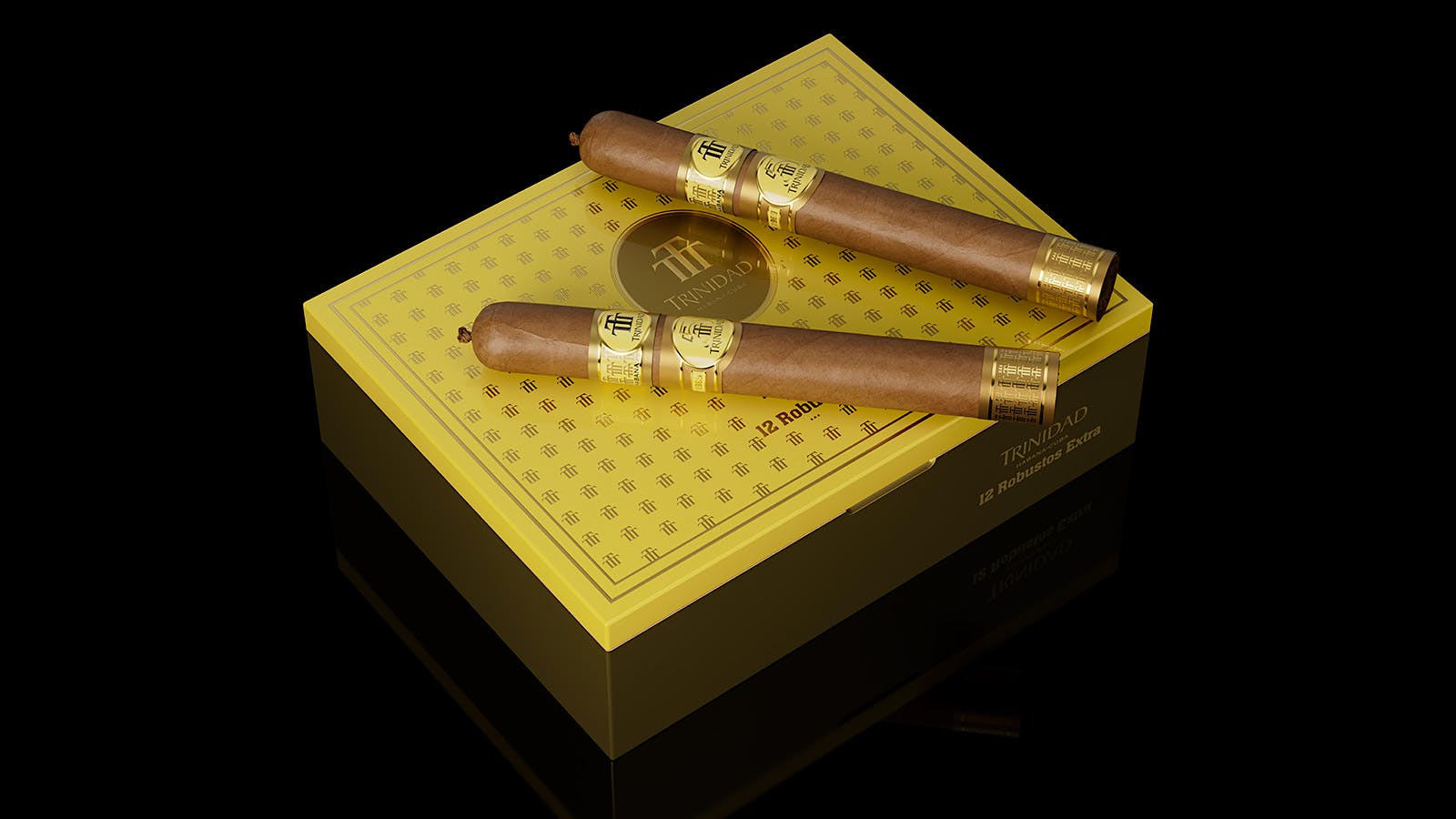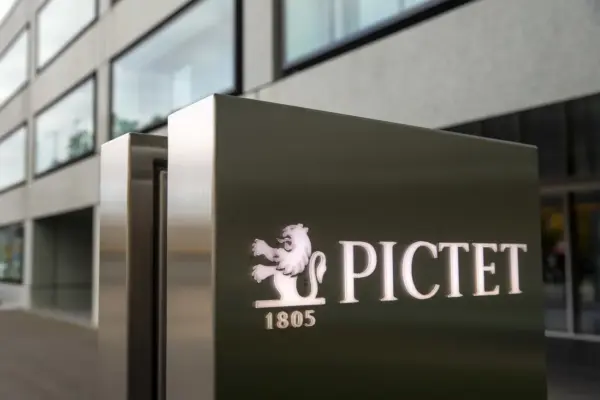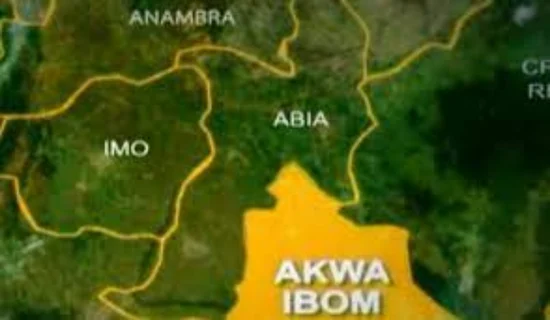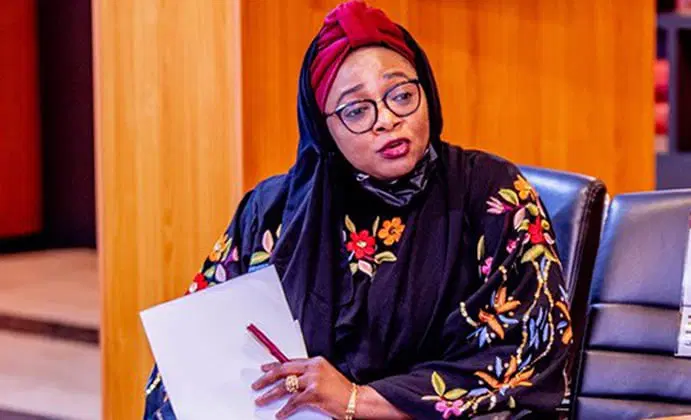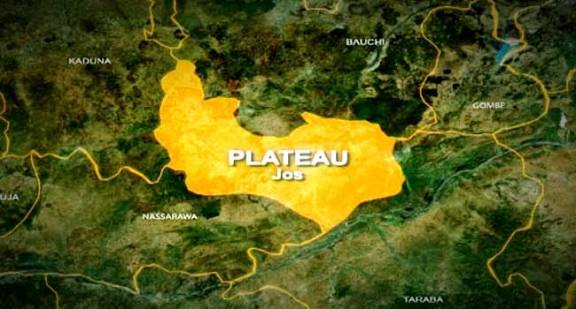The Senate, on Wednesday, resolved to summon the Governor of the Central Bank of Nigeria, Godwin Emefiele, to educate and inform senators in a closed session on the reasons for the rapid depreciation of the value of the naira.
It also mandated the Senate Committee on Banking, Insurance and Other Financial Institutions to assess the impact of CBN intervention funds meant to support critical sectors of the economy.
The resolutions were reached by lawmakers after the upper chamber considered a motion sponsored by Senator Olubunmi Adetunmbi (APC – Ekiti North).
The motion was entitled, ‘State of CBN Intervention Funds and Free Fall Of Naira.’
Adetunmbi noted that the CBN, through its numerous multi-sectoral intervention funds, had provided special funds to support critical sectors of the economy.
He explained that in view of such interventions, it had become necessary to assess the state of implementation and effectiveness of the funds deployed for the purpose.
He expressed worry that the import and export window meant to serve the forex needs of business giants, “has become a rare opportunity that only a privileged few can access.”
“These and a number of others have contributed to the excessive scarcity of forex in Nigeria today,” he added.
In his contribution, Senator Sani Musa (APC – Niger East), faulted the Central Bank’s decision to halt foreign exchange biddings, thereby cutting off the parallel market – Bureau de change operators.
According to him, the attempt by the CBN to control the value of the naira with the continuous exclusion of BDCs would only lead to its further depreciation.
He, therefore, advised the apex bank to rather ensure the regulation and monitoring of the parallel market.
“What CBN used to do was to give out $10,000 (USD) to each of these BDCs with a clear directive for it not to be sold above N470 as against the $419 exchange rate. It worked.
“But today, nobody is determining where the rate is going and I can assure you we can’t have that solution because we are only importing,” he said.
Naira has weakened by 34 per cent in 10 months, closing at N710 to a dollar on Wednesday in the parallel market, with a margin of N280 from the official rate.
This is a pounding headache for manufacturers who are no longer able to get dollars from the official market to import their raw and packaging materials.
At the Investor & Exporter forex window, the naira hit a high of N444 before closing to the dollar at N430. The I&E market recorded a total turnover of $126.69m on Wednesday.
The President, Association of Bureaux de Change Operators of Nigeria, Alhaji Aminu Gwadabe, on Wednesday evening, said “the rate closed at N710/$.”



